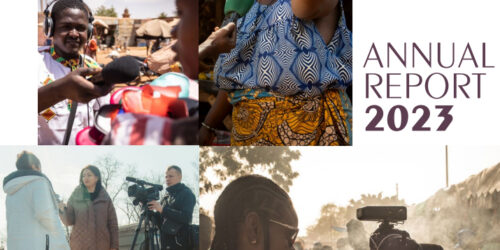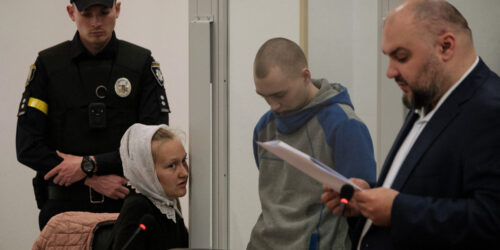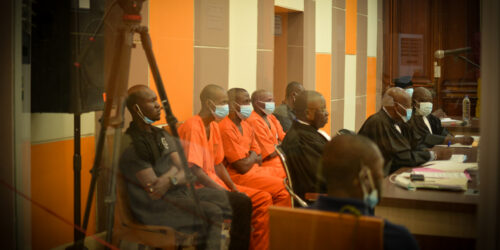In order to be effective, justice must also be transparent.
By holding authorities and institutions to account, journalism fosters trust in the fairness of the legal system.
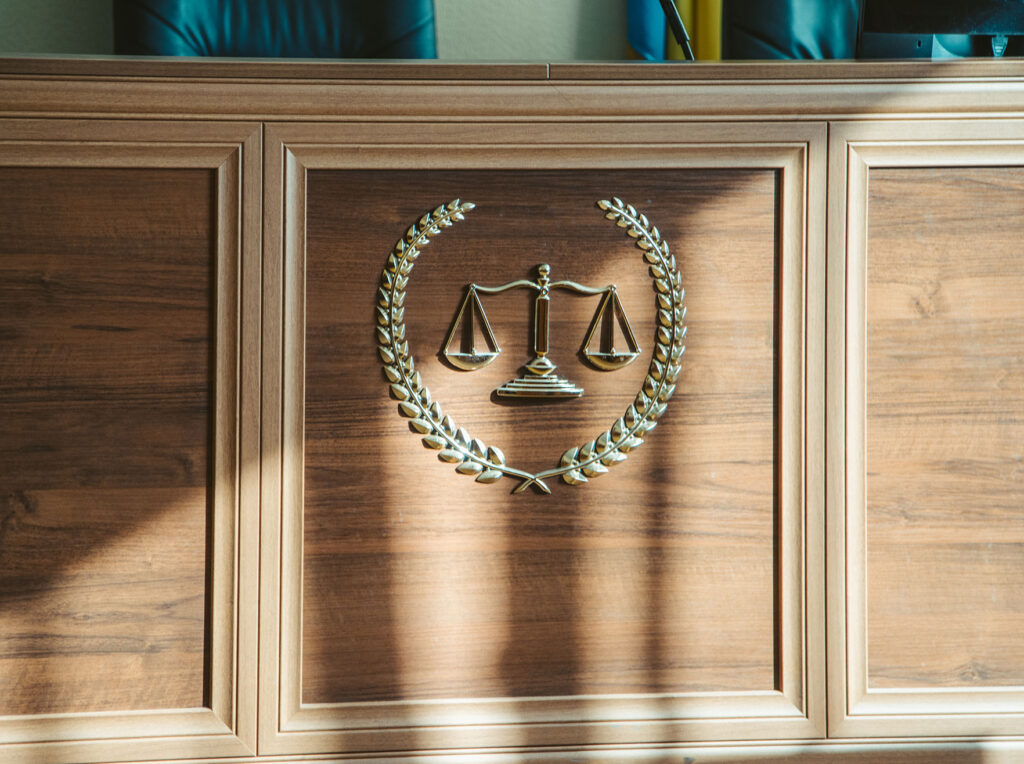
The basic principle is simple: if hate media can be a weapon of mass violence, then other media—responsible, professional media practising rigorous journalism—can contribute to mutual understanding, dialogue, and the reconciliation process, linking the right of access to information with justice. This was what inspired Fondation Hirondelle to create the Hirondelle Press Agency in Arusha, Tanzania in 1997, to cover the proceedings of the International Criminal Tribunal for Rwanda (ICTR).
In all of our projects, we ensure coverage of ongoing national judicial processes, making people aware of decisions that will have an impact on them. Impartiality is the cornerstone of our approach. Even when faced with the most heinous crimes—including those affecting their own community—journalists, like judges, must concentrate on the facts.
In the case of international and transitional justice, this is no easy task: it involves analysing complex legal issues and making them accessible to the public, sometimes despite threats and intimidation. The wheels of justice often turn slowly, which makes it difficult to maintain public interest over a long period of time. In addition, reporting on these issues may mean bearing witness to the aftermath of some of the direst human atrocities.
ExAmples OF MEDIA PROJECTS
Justice Info
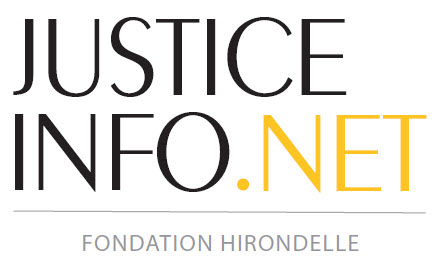
Fondation Hirondelle is home to an experienced team of specialists in this area at its media outlet Justice Info. In addition to covering international and transitional justice worldwide, this team helps local journalists acquire the necessary skills to report on these issues for their audience, whether in Columbia, Ukraine or the Democratic Republic of Congo. Justice Info produces articles in English and in French and, depending on the story, in Spanish, Ukrainian and Russian.
Learn more about the project
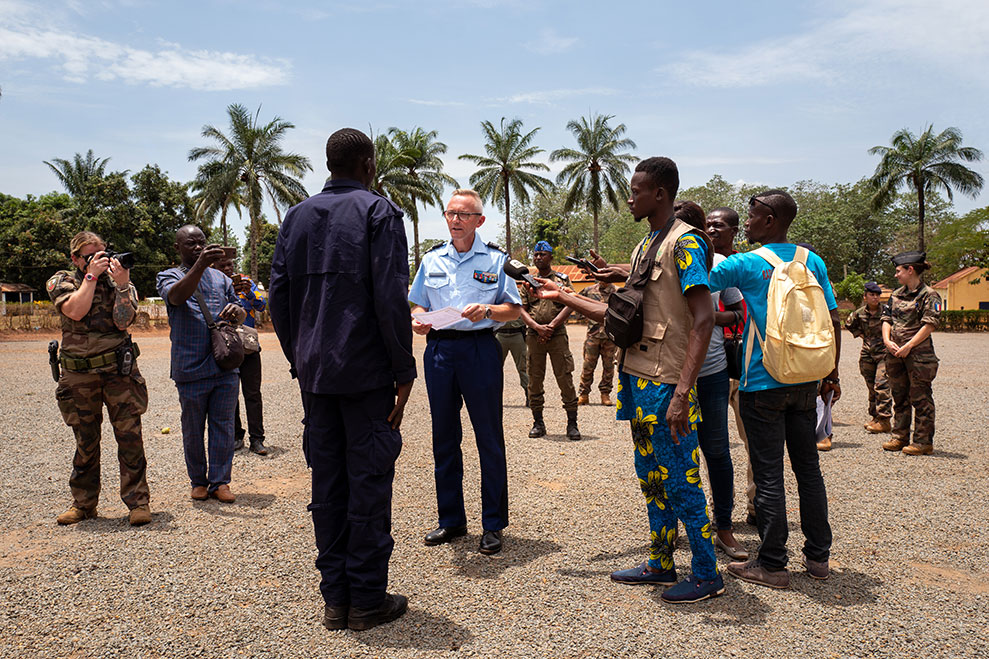
A programme about justice in Central Africa
Broadcast every Sunday in French and Sango, Radio Ndeke Luka’s Magazine Justice is dedicated to justice issues. The programme comprises three segments: a field report on the subject; a discussion with an expert or specialist; and a section on legal vocabulary. Magazine Justice has addressed many different subjects, including transitional justice; the Criminal Code and Criminal Procedure Code; countering impunity; mob justice; the role of the Special Criminal Court (SCC); the complementarity of the SCC and the International Criminal Court (ICC); gender-based violence (GBV); and how courts and tribunals work.
Learn more about the project
REFERENCE Documents
Making sense of international and transitional justice

